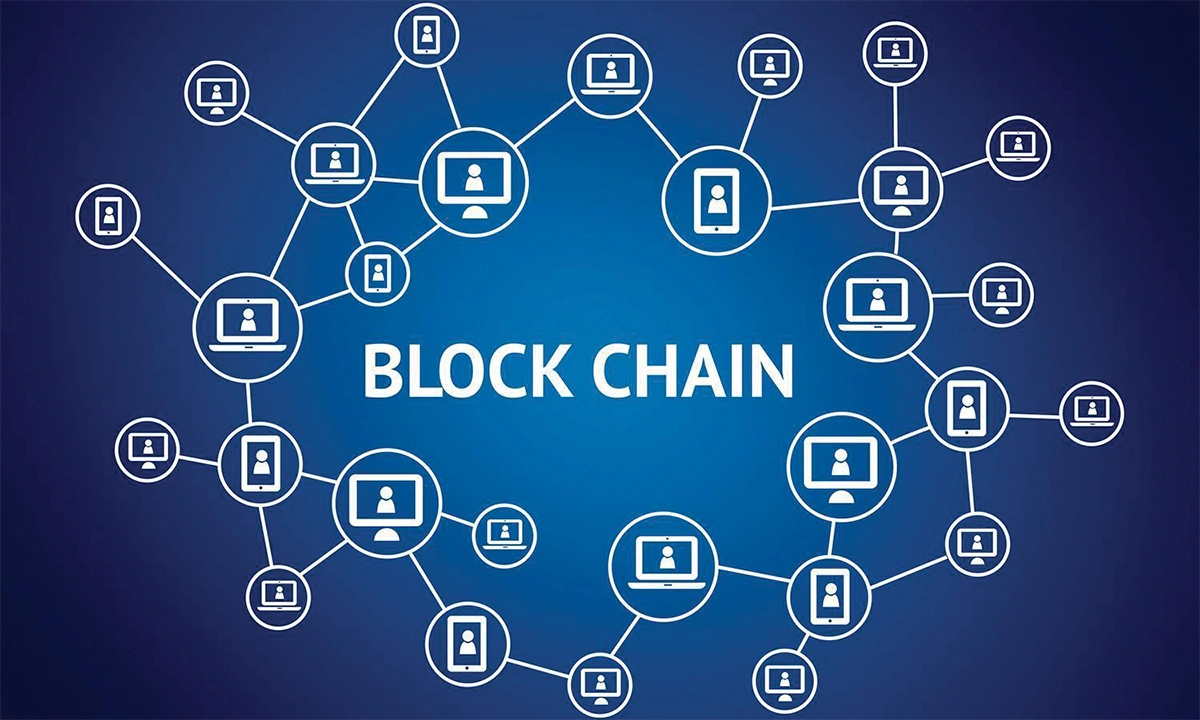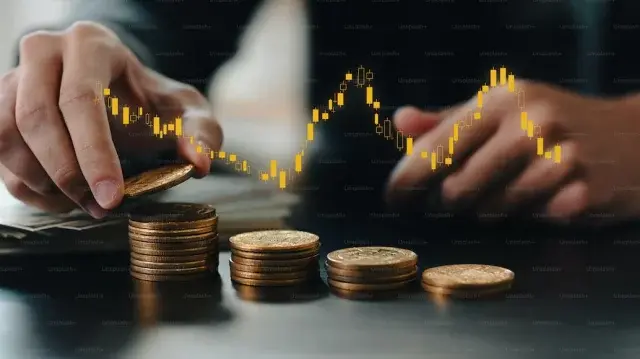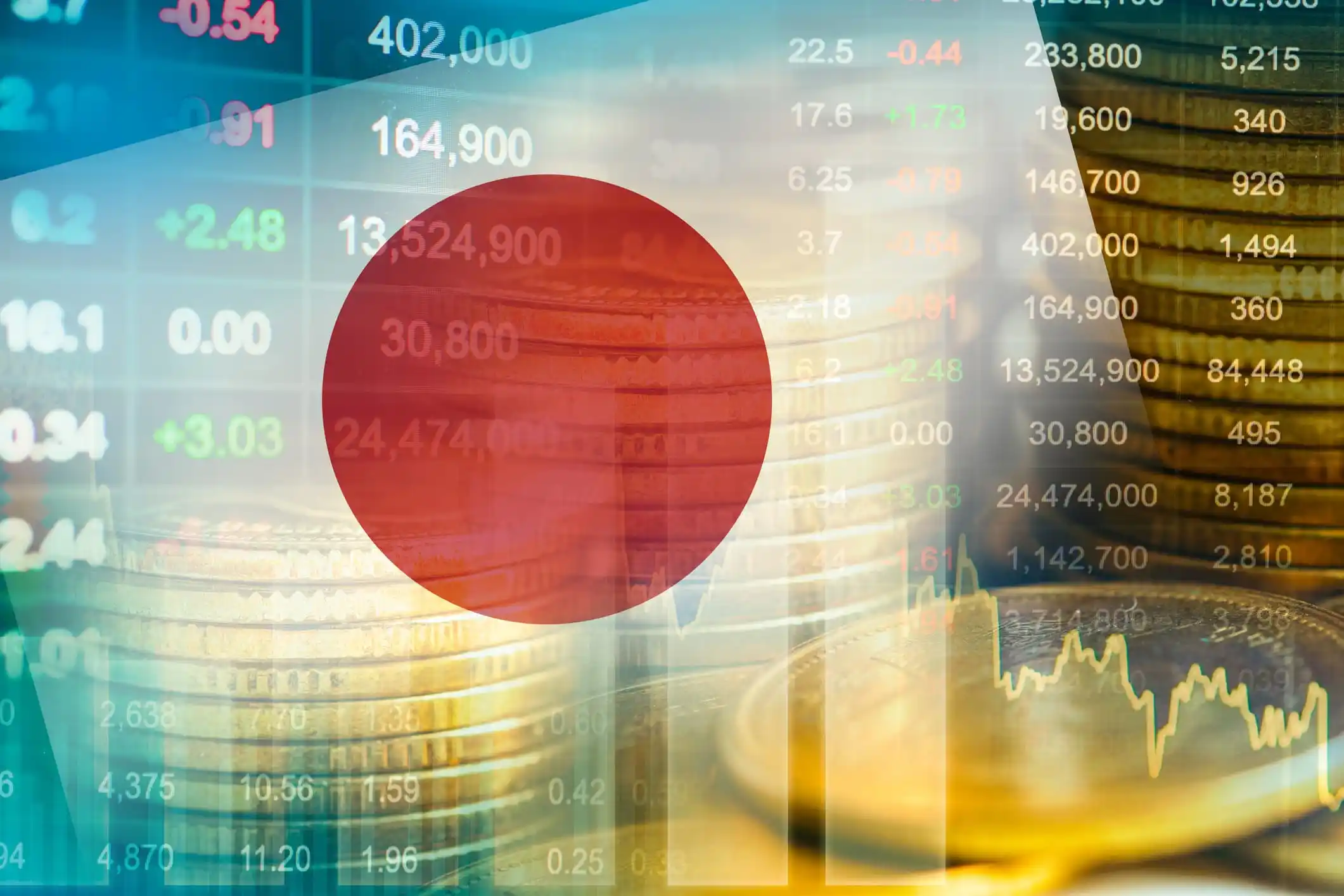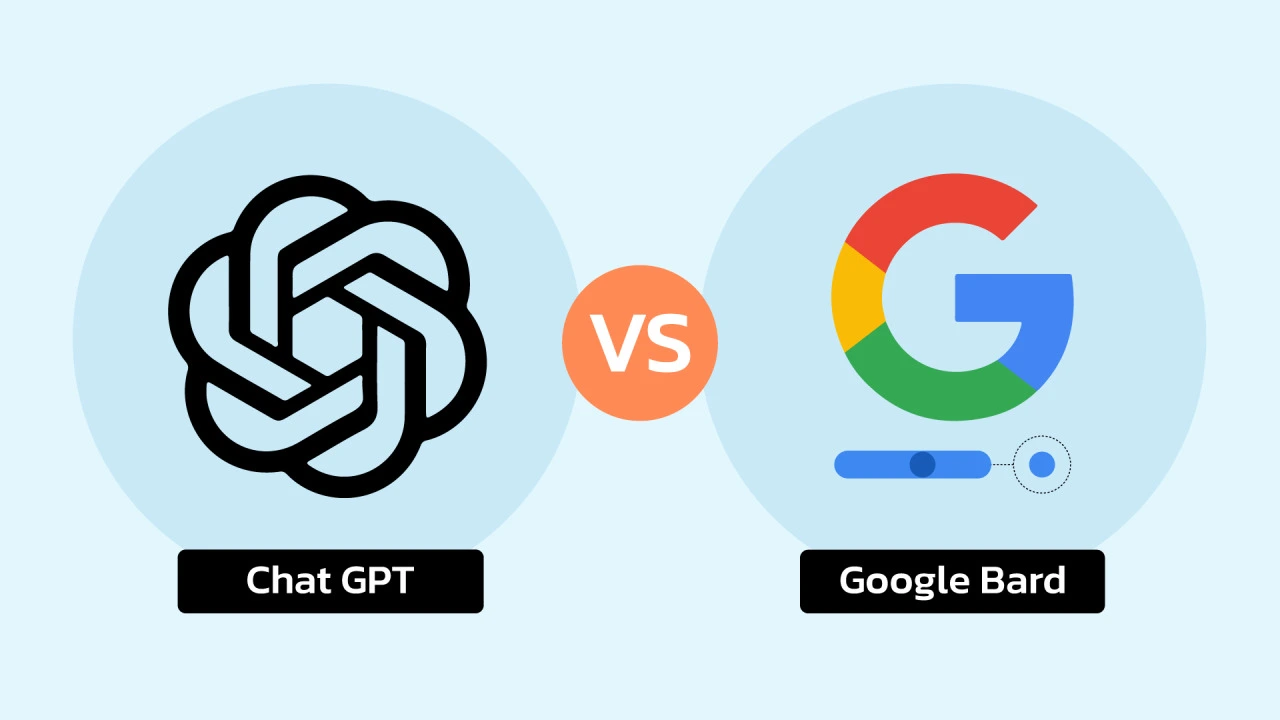Blockchain technology, originally designed as the underlying technology for cryptocurrencies like Bitcoin, has evolved into a versatile and impactful tool with applications far beyond the realm of digital currencies. As of 2024, various industries and entities are leveraging blockchain for its unique attributes of decentralization, transparency, and security. In this exploration, we'll delve into the diverse array of users and sectors that actively employ blockchain technology.
1. Financial Services

Cryptocurrencies and Digital Assets
Blockchain technology gained prominence with the advent of cryptocurrencies like Bitcoin. The decentralized and tamper-resistant nature of blockchain provides a secure and transparent platform for the creation and exchange of digital assets.
Smart Contracts in Banking
Banks and financial institutions are adopting blockchain for smart contracts. These self-executing contracts automate and enforce the terms of agreements, streamlining processes like loan approvals, insurance claims, and compliance.
2. Supply Chain Management

Transparent and Traceable Supply Chains
Blockchain enhances transparency and traceability in supply chains. Companies can record and verify every step of the supply chain process on an immutable ledger, reducing fraud, ensuring authenticity, and improving overall efficiency.
Real-Time Tracking and Authentication
From manufacturing to logistics, blockchain facilitates real-time tracking of goods. Authentication and verification of product origins, quality, and adherence to standards become seamless with blockchain implementation.
3. Healthcare
Secure Health Records
Blockchain ensures the security and integrity of health records. Patients' data can be stored in a decentralized and encrypted manner, granting them control over their information while maintaining privacy and security.
Drug Traceability and Authentication
In pharmaceuticals, blockchain enables the traceability of drugs from production to distribution. This not only combats counterfeit drugs but also ensures the integrity of the entire pharmaceutical supply chain.
4. Government and Public Services
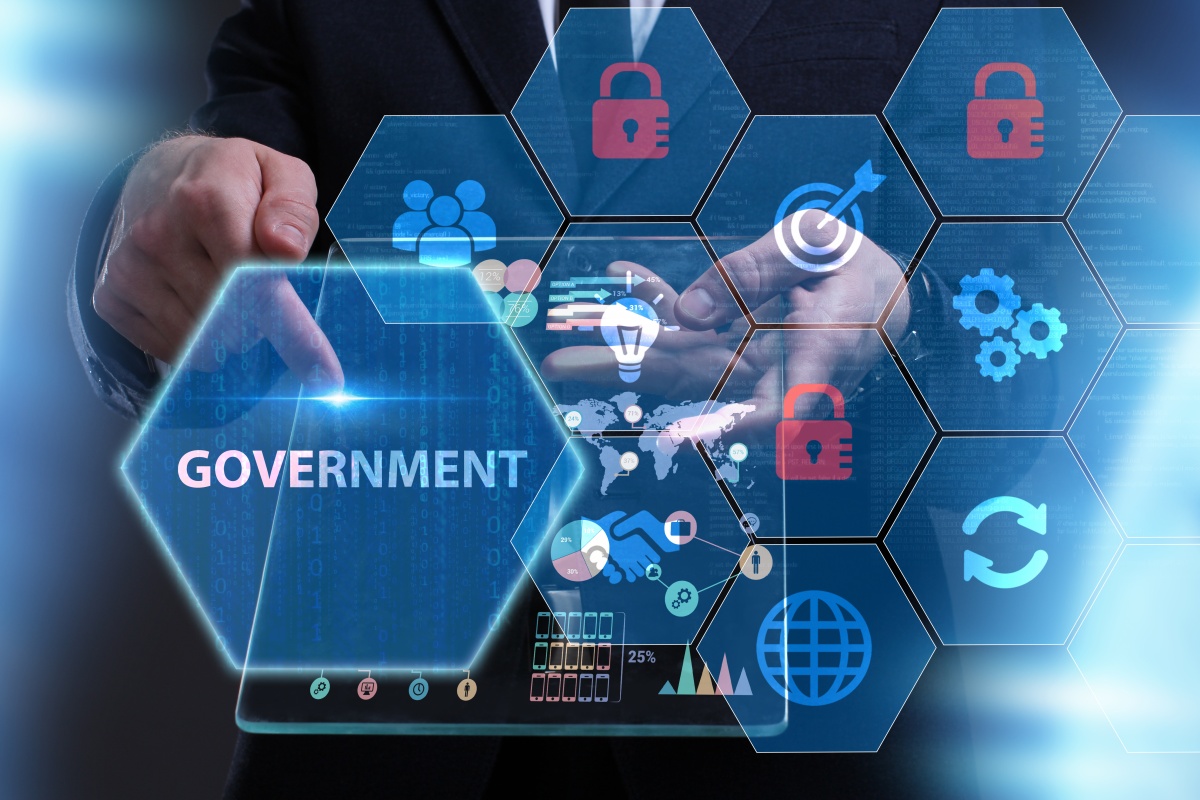
Transparent Governance
Governments are exploring blockchain for transparent and corruption-resistant governance. Blockchain can be used to secure voting systems, manage public records, and increase transparency in administrative processes.
Identity Management
Blockchain offers a secure platform for managing digital identities. Citizens can have control over their personal data, reducing the risk of identity theft and streamlining government interactions.
5. Education

Credential Verification
In the education sector, blockchain is used for secure credential verification. Academic achievements, certificates, and diplomas can be stored on a blockchain, providing a tamper-resistant and easily verifiable record.
Decentralized Learning Platforms
Blockchain enables the creation of decentralized learning platforms. Students can have control over their academic records, and smart contracts can automate processes like certification issuance.
6. Technology and IT Services

Decentralized Cloud Storage
Blockchain-based decentralized cloud storage services are gaining popularity. Users can store and retrieve data securely without relying on a centralized provider, enhancing data privacy.
Tokenized Assets and Crowdfunding
Blockchain facilitates the tokenization of assets, allowing for the creation of digital tokens representing ownership. This extends to crowdfunding, where projects can raise funds through token sales.
Conclusion
As of 2024, the use cases for blockchain technology continue to diversify and expand across various industries. The inherent characteristics of decentralization, transparency, and security make blockchain an attractive solution for sectors seeking innovative and efficient ways to manage data, transactions, and processes.
In conclusion, the adoption of blockchain technology is driven by a quest for trust, security, and efficiency in an increasingly digital world. The diverse range of industries and entities embracing blockchain underscores its transformative potential and the ongoing evolution of this groundbreaking technology.
FAQs
Q. How does blockchain enhance transparency in supply chains?
Ans: Blockchain enhances transparency in supply chains by allowing companies to record and verify every step of the supply chain process on an immutable ledger, reducing fraud and improving efficiency.
Q. What is the role of blockchain in the healthcare sector?
Ans: In healthcare, blockchain ensures the security of health records and enables the traceability of drugs. It provides a secure and transparent platform for managing patient data and pharmaceutical supply chains.
Q. How does blockchain improve governance in government and public services?
Ans: Blockchain improves governance by offering transparency and resistance to corruption. It can secure voting systems, manage public records, and enhance transparency in administrative processes.
Q. What are some applications of blockchain in real estate?
Ans: Blockchain in real estate facilitates efficient property transactions and property tokenization. It streamlines the buying and selling process while enabling fractional ownership through digital tokens.
Q. How does blockchain contribute to credential verification in education?
Ans: Blockchain in education ensures secure credential verification by storing academic achievements, certificates, and diplo

